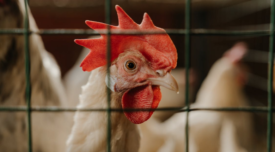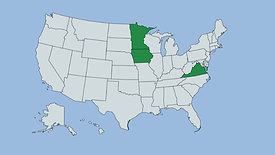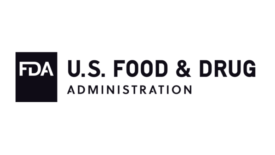Home » Keywords: » data sharing
Items Tagged with 'data sharing'
ARTICLES
EFSA's WGS System: Enhancing Food Safety in the EU by Connecting Genomic Data
The establishment of a comprehensive surveillance program that harnesses the benefits of WGS requires a coordinated approach within the framework of One Health
October 6, 2023
Never miss the latest news and trends driving the food safety industry
eNewsletter | Website | eMagazine
JOIN TODAY!Copyright ©2025. All Rights Reserved BNP Media.
Design, CMS, Hosting & Web Development :: ePublishing












